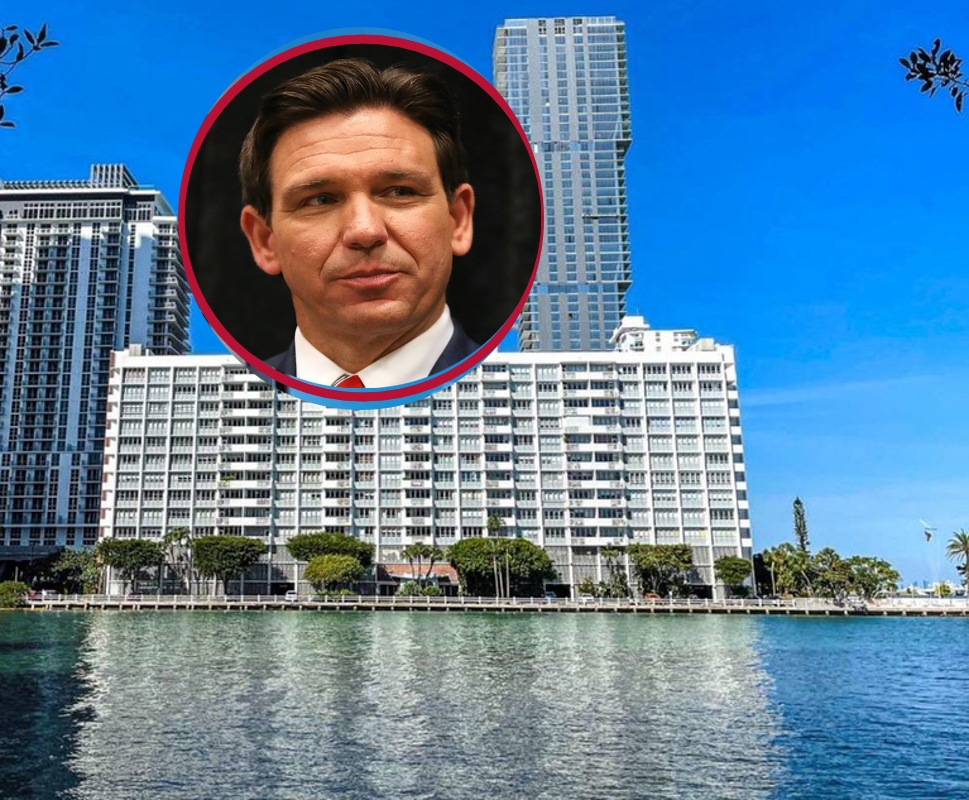Ron DeSantis signed into law Senate Bill 4D (SB 4D) and Senate Bill 2D, marking a significant step towards improving building safety and property insurance regulations in Florida. The bills were enacted in response to the tragic collapse of the Champlain Towers South condominium in Surfside, Florida, in June 2021.
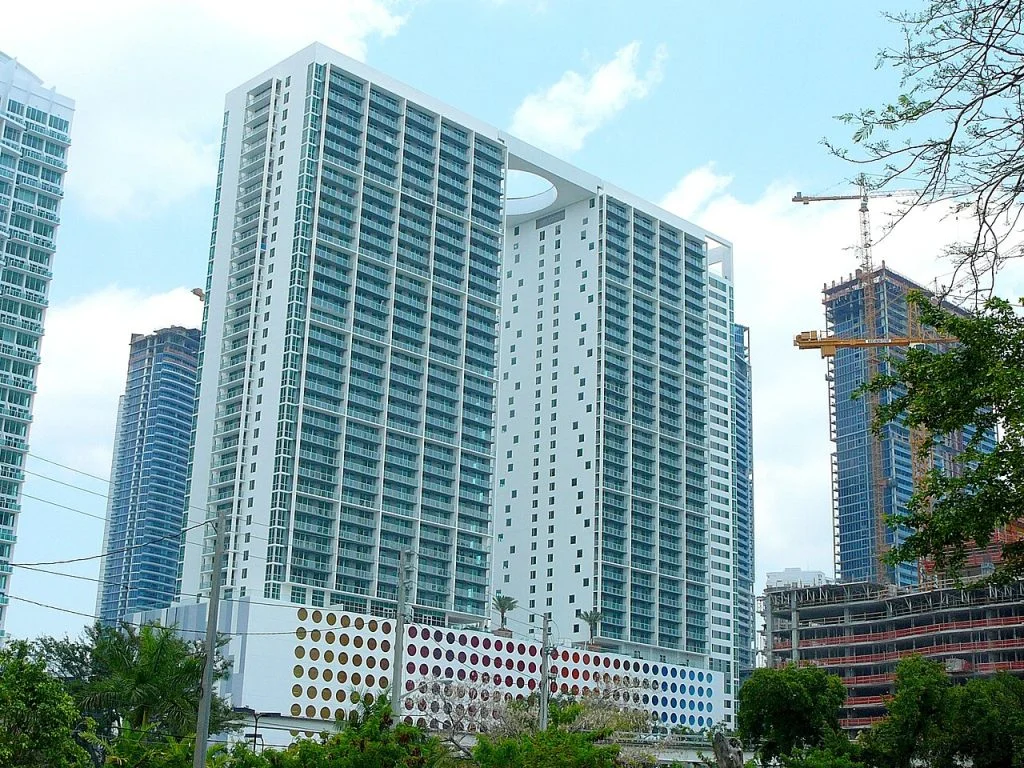
Under the new law, all condominium and cooperative buildings in Florida that are three stories or higher must comply with enhanced safety standards by December 31, 2024. These regulations, outlined in Florida Statutes 718 and 719, aim to prevent similar tragedies by ensuring the structural integrity of older buildings.
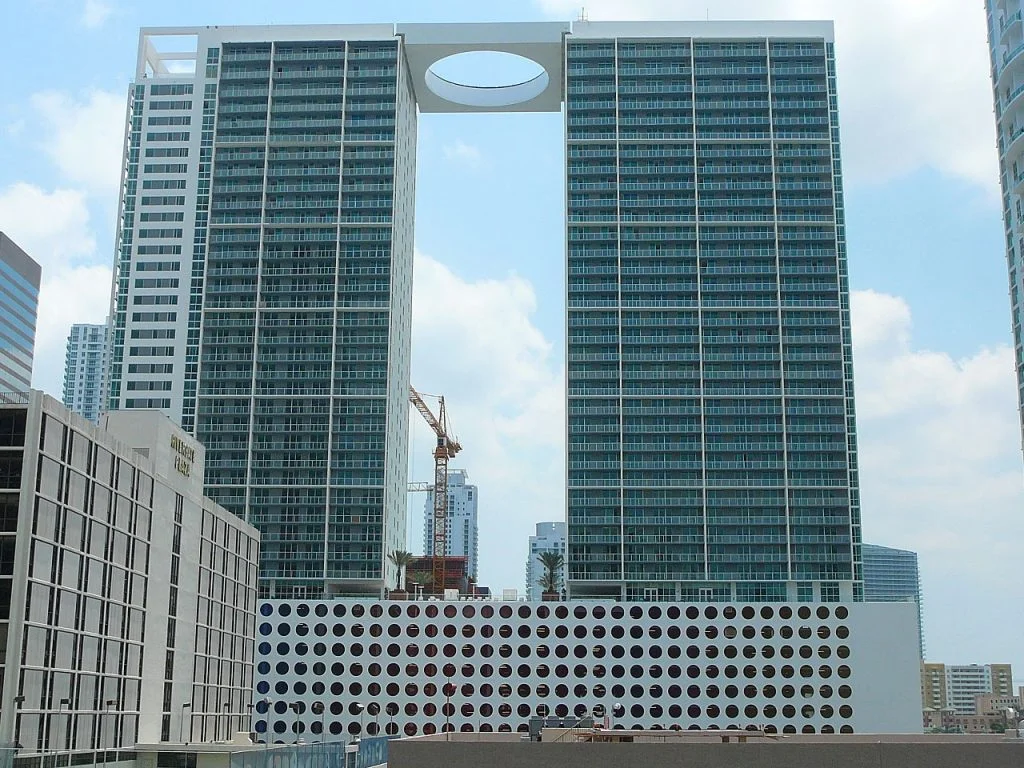
A financial crisis looms for many Florida condo owners as the deadline approaches. The new regulations are expected to drive up association maintenance fees, potentially leading to financial strain for many. Condo owners have a limited time to take proactive measures to avoid falling into financial hardship as a result of these changes. There is a silver lining for many as the property values of the land under their condos have soared in value over the past decade.
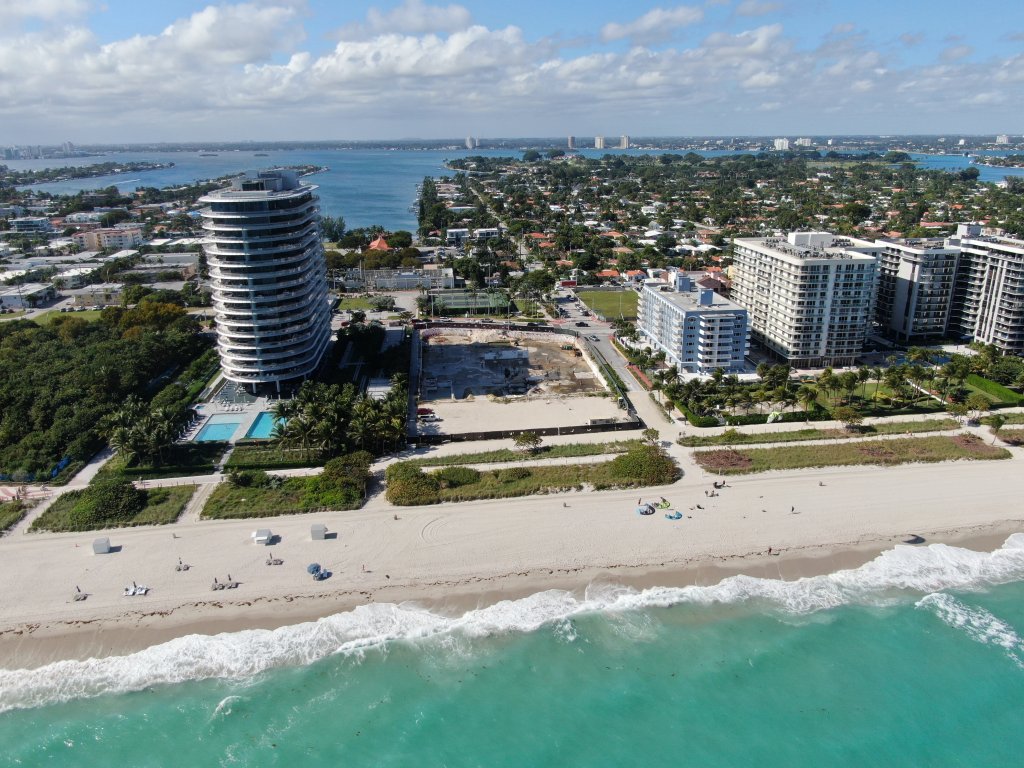
The collapse of Surfside’s Champlain Towers in 2021 spurred a wave of regulatory reforms. Lawmakers recognized that previous condominium laws, which allowed associations to defer critical maintenance and neglect reserves for future repairs, posed significant risks. The new legislation mandates more stringent inspections and reserve funding to ensure the safety and sustainability of condo buildings.
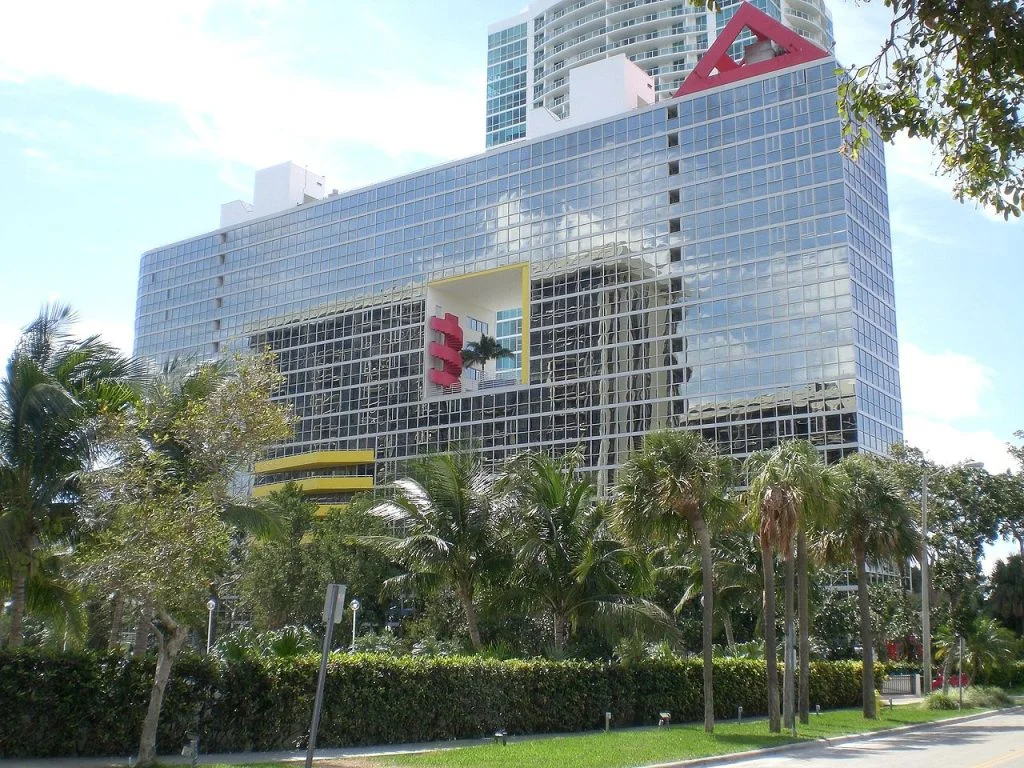
Buildings constructed in the 1950s, 60s, and 70s are now grappling with the challenges of age and deterioration. Many of these structures require extensive repairs to roofs and other critical components, originally designed to last only 20-30 years. SB 4D addresses this issue by setting new standards for buildings over three stories tall and over 30 years old, requiring them to undergo thorough inspections and immediate repairs of critical defects.
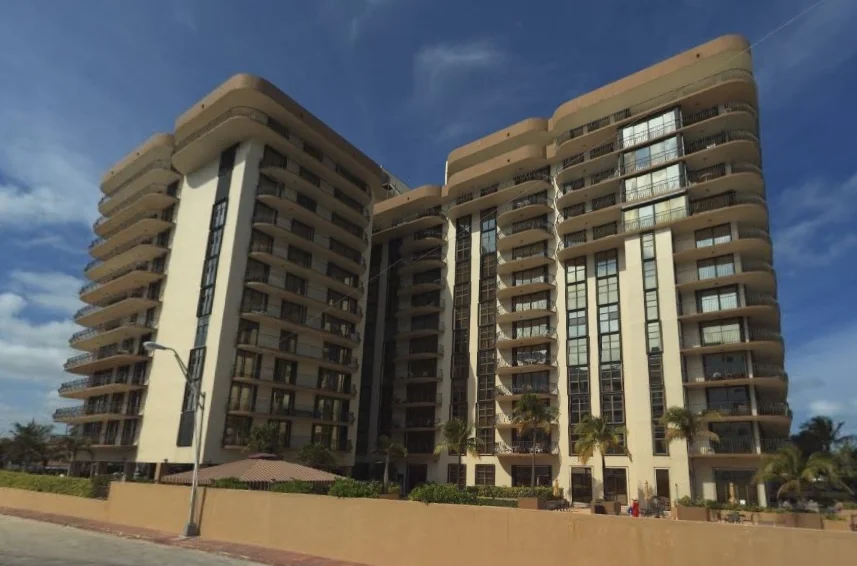
Under SB 4D, condos over 30 years old must complete inspections by December 31, 2024, and address any identified critical defects. Additionally, the law eliminates the ability of condo associations to waive reserve contributions, instead requiring them to collect funds necessary for future repairs based on a 10-year Structural Integrity Reserve Study (SIRS). This move is expected to significantly increase the financial burden on condo owners.
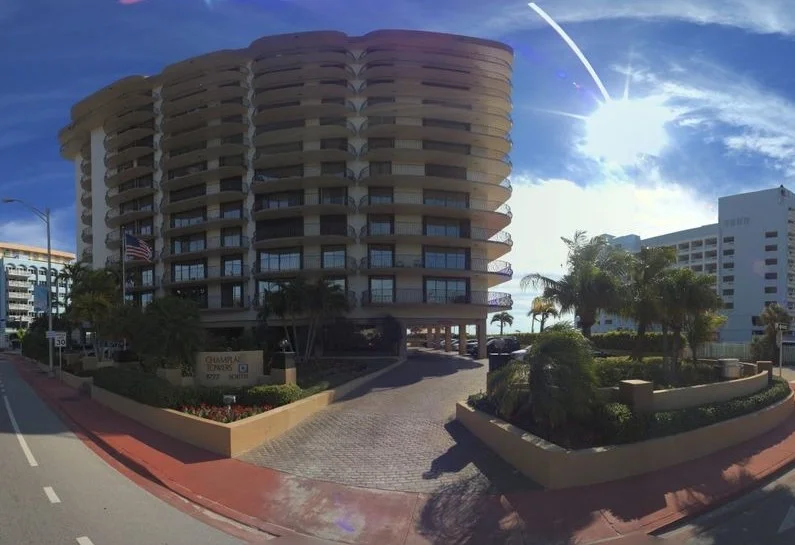
As inspection results reveal the extent of necessary repairs, many condo associations will face repair costs running into millions of dollars. Even after distributing these costs among all unit owners, many residents in older buildings may struggle to afford the increased maintenance fees and special assessments required for immediate repairs.
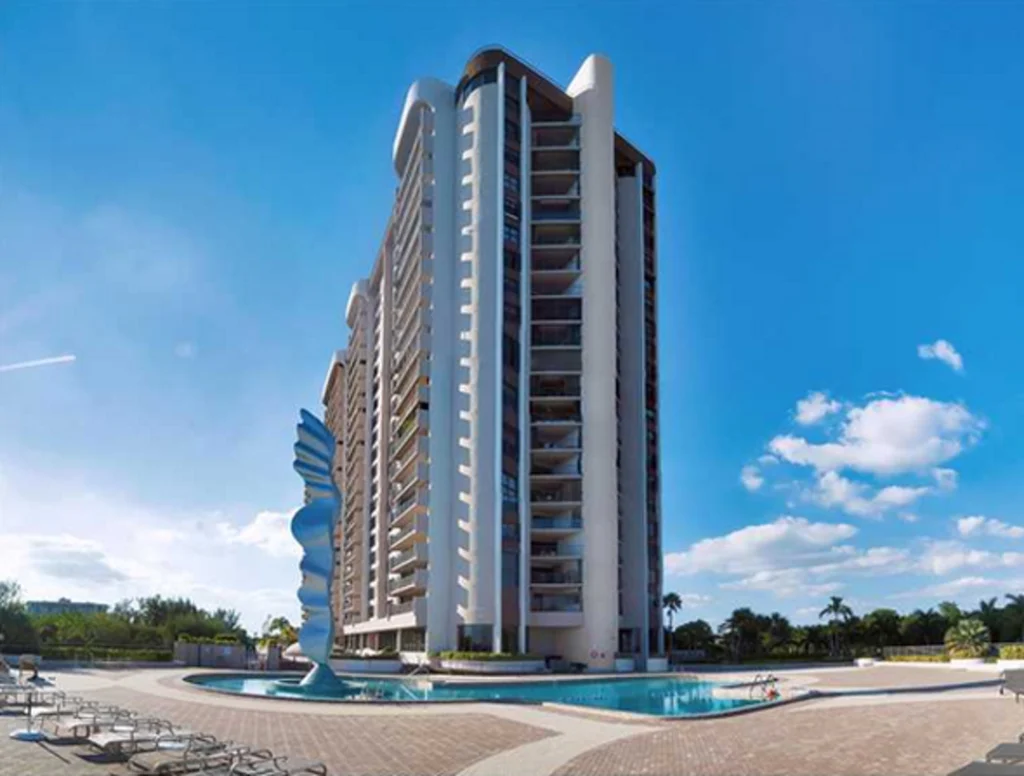
The Florida state legislature is committed to enforcing these new regulations, leaving condo owners with little choice but to comply. Failure to address these requirements will not be an option, as the state dedicates resources to ensure compliance and safety.
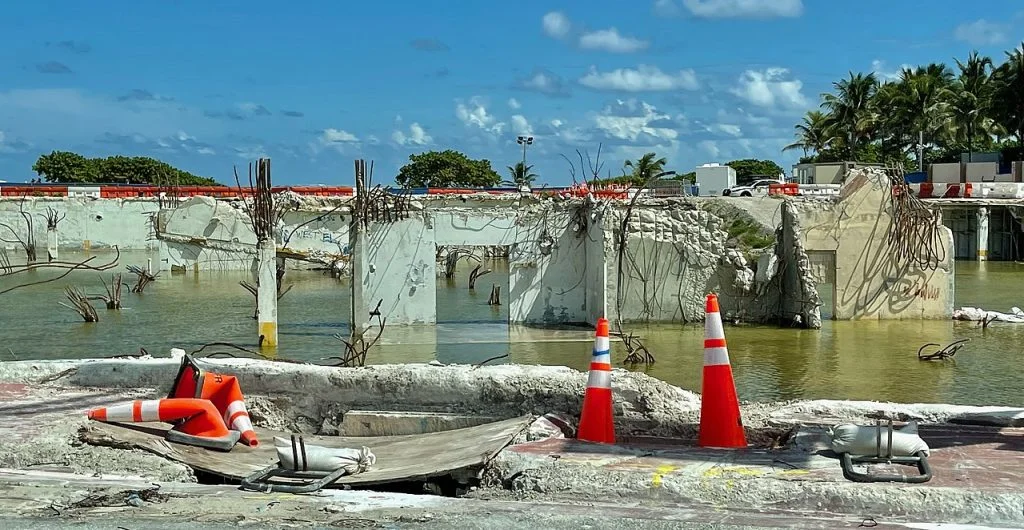
Facing rising costs and potential financial ruin, many condo owners may need to consider selling their units. While selling individually may not be feasible for many due to distressed building conditions, selling collectively to a developer could be a viable option. Developers, attracted by the valuable land, may be willing to pay more for such properties.
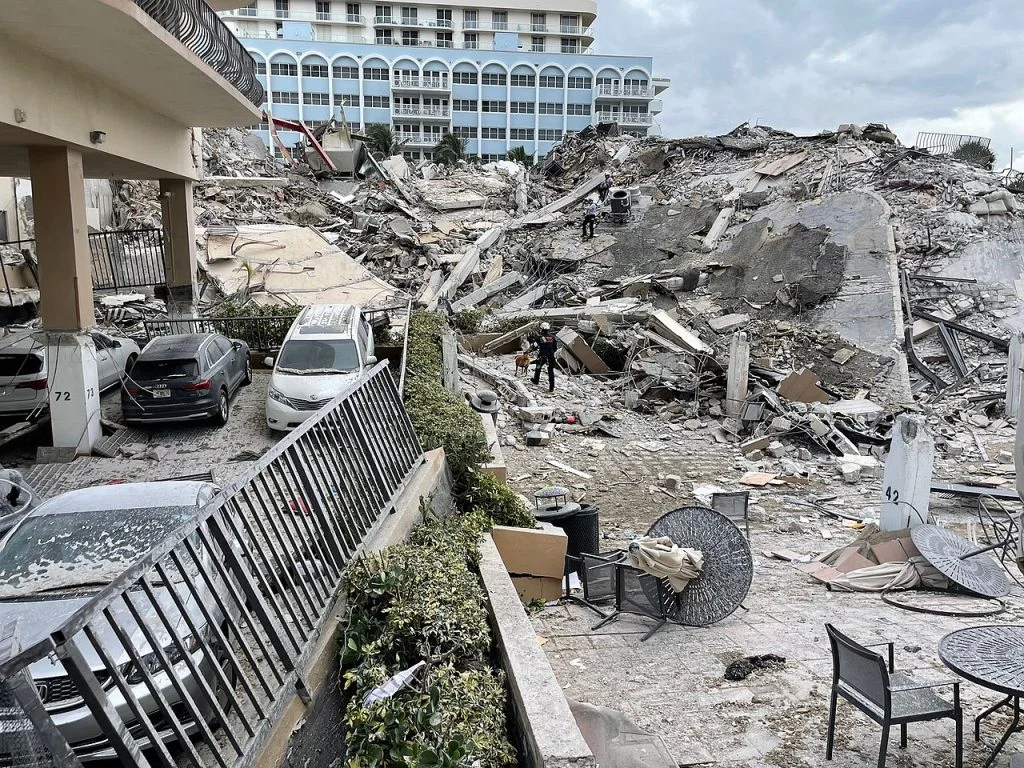
Association board members have a fiduciary duty to alert owners about the potential financial implications and explore all viable options. If the value of the land exceeds the value of the building, associations must communicate this to owners and coordinate efforts to secure the best possible outcome.
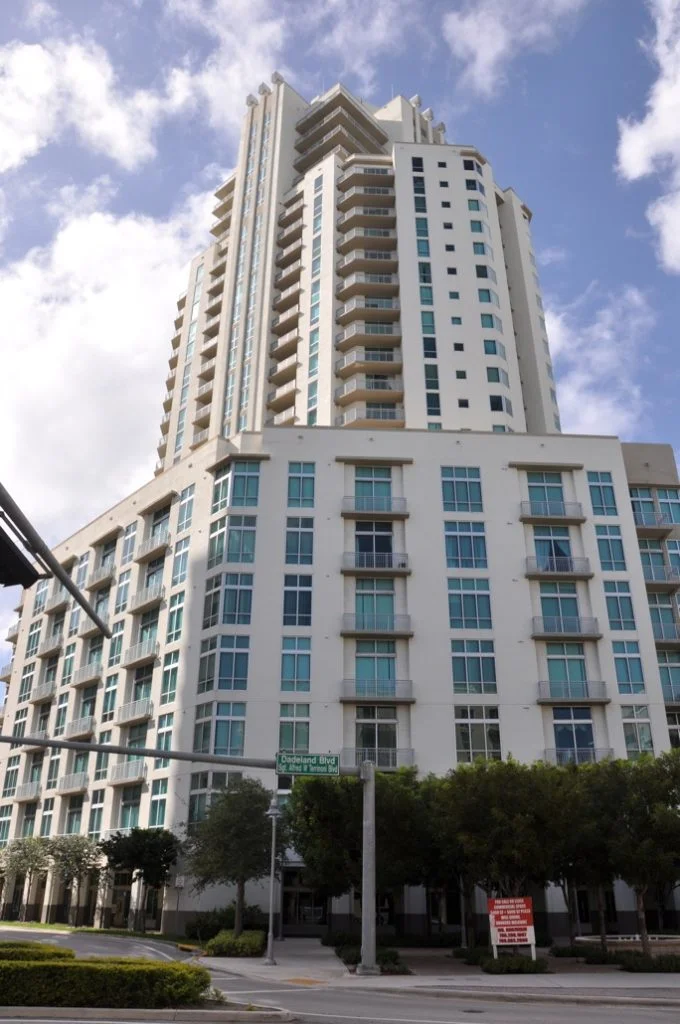
Condo associations must act swiftly. Legal counsel should be engaged to navigate the complexities of the new regulations and explore potential solutions. The window of opportunity is closing, and decisive action is required to avoid further financial distress.
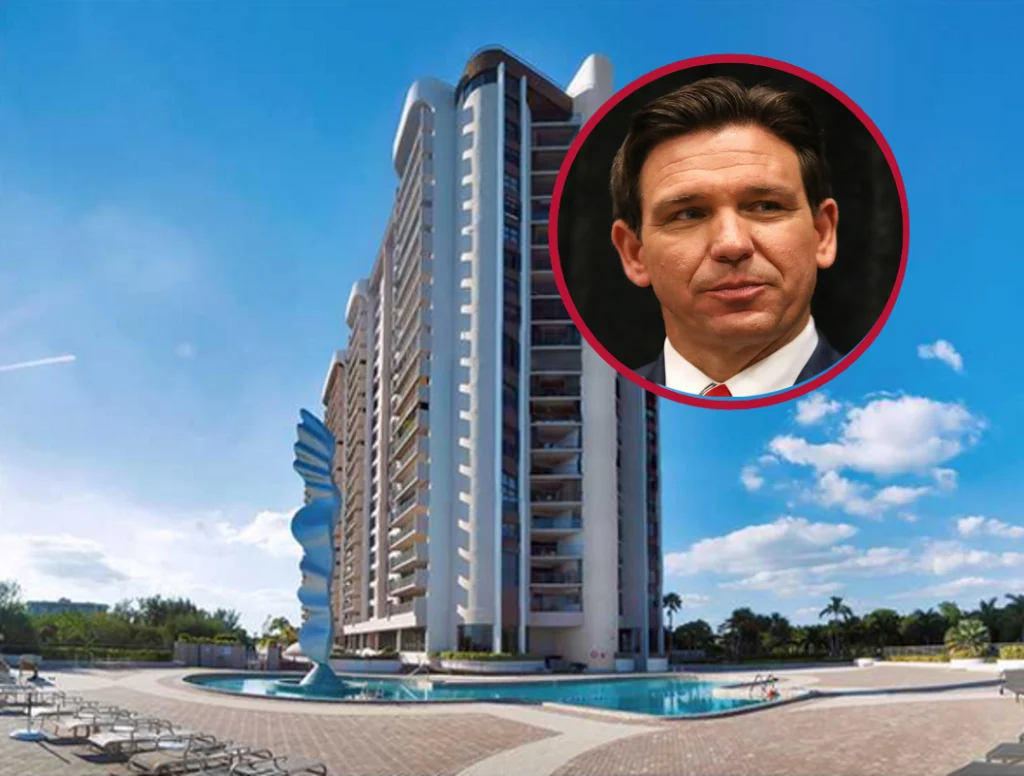
SB 4D represents a crucial update to Florida’s condominium regulations, aimed at preventing future tragedies similar to the Surfside collapse. While the short-term impacts may be severe, these measures are essential for ensuring the safety and longevity of Florida’s condo buildings. Condo owners must seize control of their fate by acting quickly to comply with the new standards and explore all available options. Often the land their homes are on may have appreciated so much that everyone selling and moving, might even reap a capitol gain.

